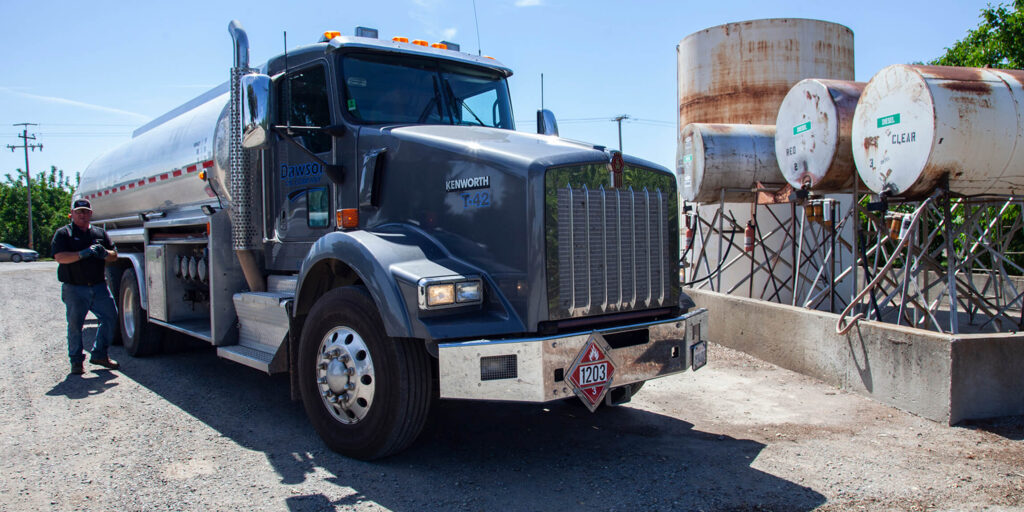Driving Change – The Impact of Fuel Delivery Services on Transportation
In the realm of transportation, fuel delivery services have emerged as a disruptive force, reshaping traditional refueling practices and offering convenience to consumers and businesses alike. This paradigm shift in fuel delivery methods not only transforms the way vehicles are refueled but also carries significant implications for various aspects of transportation and beyond. One of the primary impacts of fuel delivery services lies in their ability to enhance convenience and efficiency. Gone are the days when drivers had to navigate through traffic to reach gas stations, wait in queues, and spend valuable time refueling their vehicles. With fuel delivery services, individuals and businesses can now schedule fuel deliveries at their preferred location and time, saving time and minimizing disruptions to their daily routines. This convenience factor is particularly beneficial for fleets of vehicles, such as delivery trucks and corporate fleets, enabling them to optimize their operations and maximize productivity. Moreover, fuel delivery services contribute to greater accessibility, especially in areas where gas stations are sparse or non-existent.

Rural communities, remote locations, and construction sites often face challenges in accessing fuel promptly. By offering on-demand fuel delivery, these services bridge the gap, ensuring that vehicles remain fueled and operational regardless of their location. This accessibility not only improves the efficiency of transportation but also supports economic activities in underserved areas by facilitating smoother logistics and operations. Furthermore, fuel delivery services can significantly reduce the environmental footprint of transportation. Traditional gas stations rely on infrastructure that requires significant energy consumption and maintenance. In contrast, fuel delivery services often leverage innovative technologies and fuel-efficient vehicles to optimize their operations and minimize emissions. Additionally, by eliminating the need for individual trips to gas stations, these services reduce traffic congestion and carbon emissions associated with vehicle idling, further contributing to environmental sustainability. The advent of fuel delivery services also presents opportunities for innovation and collaboration within the transportation industry. Fuel delivery services represent a transformative force in the transportation industry, offering convenience, accessibility, and environmental benefits.
As the demand for alternative fuels, such as electric and hydrogen, continues to rise, fuel delivery companies can diversify their offerings to meet evolving consumer preferences. By partnering with renewable energy providers and investing in clean energy solutions, these services can play a pivotal role in facilitating the transition to a more sustainable transportation ecosystem. However, the widespread adoption of fort worth tx fuel distributor services also raises certain challenges and considerations. Security and safety concerns, such as ensuring the integrity of fuel delivery systems and preventing fuel theft, remain paramount. Additionally, regulatory compliance, including adherence to environmental standards and transportation regulations, is essential to ensure the responsible operation of fuel delivery services. By revolutionizing the way vehicles are refueled, these services not only enhance efficiency and productivity but also pave the way for a more sustainable and innovative transportation ecosystem. As technology continues to advance and consumer preferences evolve, fuel delivery services are poised to play an increasingly significant role in shaping the future of transportation.
